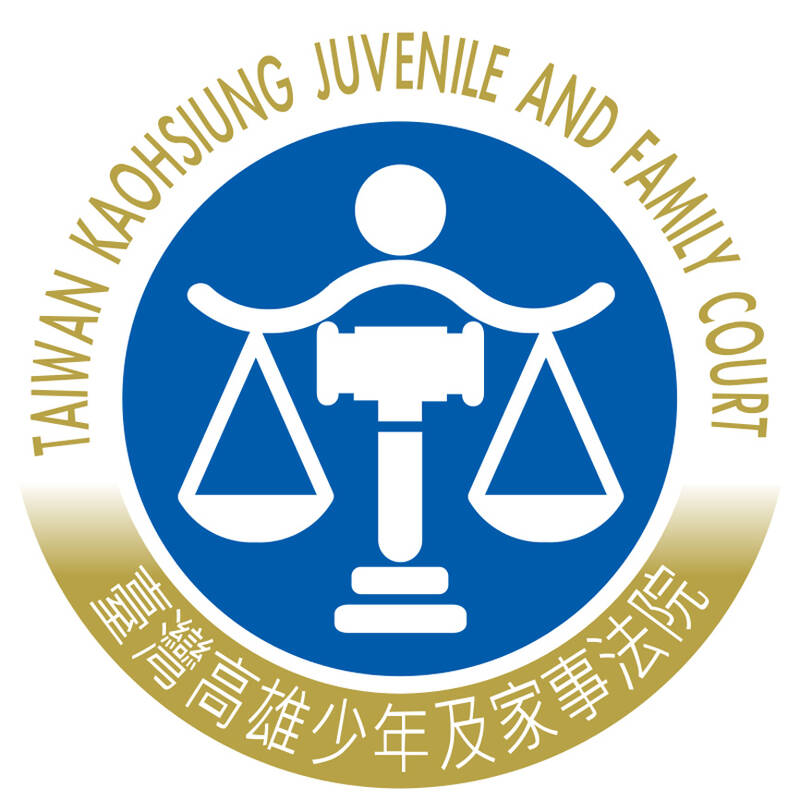The body of a deceased Kaohsiung man surnamed Teng (鄧) is to be kept at a funeral home under a recent court order, after a family dispute over treatment of the body could not be resolved.
After Teng passed away on June 15, a dispute arose among his children over whether their father should be cremated or buried. Teng’s son insisted that his father’s last wish was cremation, while his daughter said he had wanted to be buried.
The disagreement was eventually sent to the Kaohsiung Juvenile and Family Court, which approved the petitioner’s request for a provisional injunction to maintain the current state of the body. It ordered that the body be kept at a funeral home to avoid an “irreversible situation.”

Photo: Screen grab from the Internet
During the court proceedings, Teng’s daughter argued that cremation would be against their father’s last wish and the consensus of most of his surviving family members, while Teng’s son maintained that cremation was his father’s wish. Both sides had set times to proceed with handling the body in their preferred way, but their constant arguments and fears that the other party might act first led them to separately petition the court.
The judge determined that after Teng’s death, his remains became part of the jointly inherited estate. However, the manner of burial should be decided jointly by the family in proportion to their inheritance shares. In the absence of a clear will, the decision should be based on either the “majority opinion” or the shares representing more than half of the estate.
The judge ruled that, given the family’s inability to reach consensus, and the “urgent and dangerous” nature of any action taken with the body, restrictions should be imposed through a provisional injunction to maintain the current state.
A civil court judge said that it was not the first such occurrence, and that there have been similar cases where bodies were left unburied, sometimes with coffins left in funeral homes unattended. However, petitions or rulings resulting in a provisional injunction to maintain the current state of a body are “very rare,” the judge said.
Examples of cases left in limbo include that of a property tycoon in New Taipei City’s Sanchong District (三重) named Tsai Cheng (蔡城), who died in a car accident in 2009. Due to litigation between the children of his two marriages who fought over inheritance of his NT$10 billion (US$333.2 million) fortune, Tsai’s coffin remained in the first-floor lobby of his residential building for seven years. Neighbors repeatedly protested and petitioned the New Taipei City Government, but the body was not buried until 2016, when a new municipal bylaw was introduced, stipulating that if a body is not buried within six months of death, the city government would forcibly cremate it and impose fines.
In another case, the body of property owner Weng Ming-chang (翁明昌) was kept in the lobby of his mansion on Yangmingshan, due to inheritance disputes between the children of his two marriages following his death in 1977. The remains were embalmed with formalin, and after Weng’s first wife passed away in 2011, her body was also placed inside the mansion. It is believed that the bodies remain there.

Taiwanese scientists have engineered plants that can capture about 50 percent more carbon dioxide and produce more than twice as many seeds as unmodified plants, a breakthrough they hope could one day help mitigate global warming and grow more food staples such as rice. If applied to major food crops, the new system could cut carbon emissions and raise yields “without additional equipment or labor costs,” Academia Sinica researcher and lead author the study Lu Kuan-jen (呂冠箴) said. Academia Sinica president James Liao (廖俊智) said that as humans emit 9.6 billion tonnes of carbon dioxide compared with the 220 billion tonnes absorbed

The Taipei Mass Rapid Transit (MRT) Wanda-Zhonghe Line is 81.7 percent complete, with public opening targeted for the end of 2027, New Taipei City Mayor Hou You-yi (侯友宜) said today. Surrounding roads are to be open to the public by the end of next year, Hou said during an inspection of construction progress. The 9.5km line, featuring nine underground stations and one depot, is expected to connect Chiang Kai-shek Memorial Hall Station to Chukuang Station in New Taipei City’s Jhonghe District (中和). All 18 tunnels for the line are complete, while the main structures of the stations and depot are mostly finished, he

Taipei is to implement widespread road closures around Taipei 101 on Friday to make way for large crowds during the Double Ten National Day celebration, the Taipei Department of Transportation said. A four-minute fireworks display is to be launched from the skyscraper, along with a performance by 500 drones flying in formation above the nearby Nanshan A21 site, starting at 10pm. Vehicle restrictions would occur in phases, they said. From 5pm to 9pm, inner lanes of Songshou Road between Taipei City Hall and Taipei 101 are to be closed, with only the outer lanes remaining open. Between 9pm and 9:40pm, the section is

China’s plan to deploy a new hypersonic ballistic missile at a Chinese People’s Liberation Army Rocket Force (PLARF) base near Taiwan likely targets US airbases and ships in the western Pacific, but it would also present new threats to Taiwan, defense experts said. The New York Times — citing a US Department of Defense report from last year on China’s military power — on Monday reported in an article titled “The missiles threatening Taiwan” that China has stockpiled 3,500 missiles, 1.5 times more than four years earlier. Although it is unclear how many of those missiles were targeting Taiwan, the newspaper reported